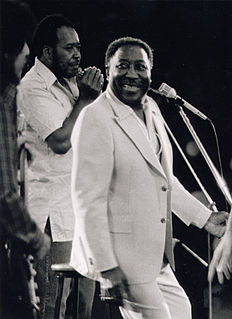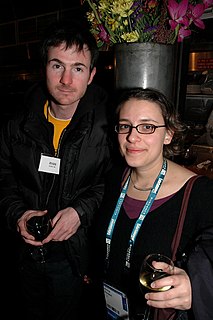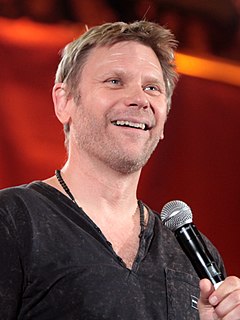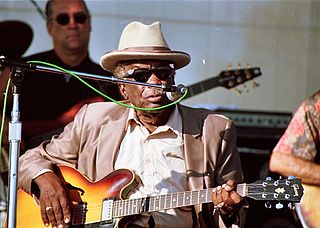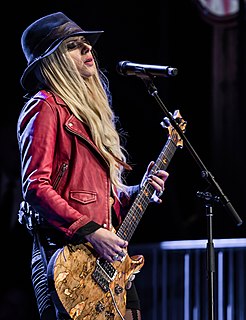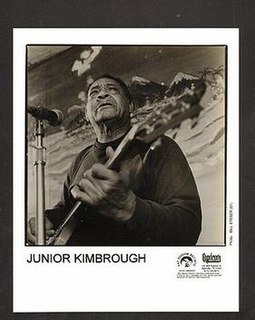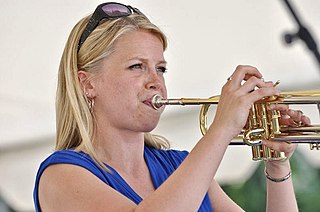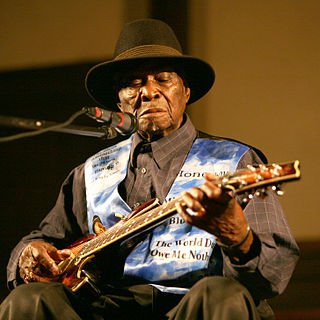A Quote by Peter Green
Related Quotes
There was a time when I had the blues - I mean I really had it bad. I couldn't pay my light bill and I couldn't pay my rent and I really had the blues. But today I can pay my rent and I can pay the light bill and I still got the blues. So I must been born with 'em... That's my religion - the blues is my religion.

